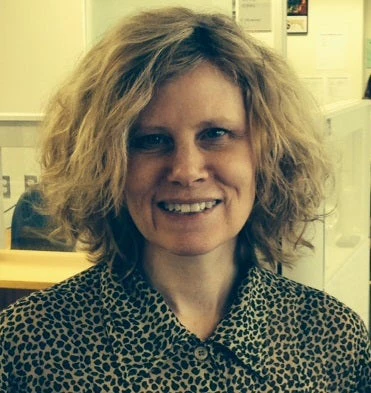Experts from three countries that have undergone political and economic transitions had advice September 22 for Arab nations where citizens have taken to the streets demanding voice and participation.
One of the most important lessons: “Develop and nurture a culture of citizenship,” said Corazon Soliman, Philippines Secretary for the Department of Social Welfare and Development.“We found democracy had to change the lives of ordinary citizens. We found we needed to engage. It's a process of understanding and dialogue,” she said.
Soliman, along with leaders from Indonesia and Turkey, spoke at a webcast event at the World Bank –Towards a New Social Contract in the Arab World --that brought together high level decision-makers and civil society representatives from the Middle East and North Africa.
The leaders said the keys to successful transition include involving civil society at an early stage, building coalitions of disparate groups, being open about plans and budgets, and making realistic promises.
“We made ourselves accountable to the public,” said Turkey’s Minister of Development Cevdet Yilmaz. “We introduced our action plan to the media. We had a time table for each action. It was a very concrete plan.”
The event, moderated by Marcus Noland of the Peterson Institute, is part of an ongoing effort by the Bank to help countries increase voice and accountability. It built on a March 24, 2011, webcast and online chat, Arab Voices and Views, in which regional leaders, commentators and activists discussed social change, jobs and new media. Bank President Robert Zoellick called for a new “social contract for development” in the region on April 6, just before the Bank-IMF Spring Meetings.
Zoellick and Amr Lashin – the Director of Governance and Civic Engagement at CARE, Egypt -- signed an agreement September 22 granting CARE seed funding to kickstart a network across the Middle East and North Africa to foster accountability through civic participation.
Zoellick said at the Social Contract event that the effort in the region is one of World Bank’s most important initiatives. Reforms take hold more strongly when they have a broad base of support, and when people’s voices matter, he said.
“When we demonstrated, we knew it would take time,” said Mohamed Nada, a senior researcher at a nongovernmental organization in Egypt. “There are urgent things, but I don't expect our government to be a fire fighter. We are looking for a vision."
Egypt’s Deputy Prime Minister for Economic Affairs and Finance Minister Hazem el-Beblawi, and Jalloul Ayed, Minister of Finance in the interim Tunisian government, said transparency is very important in the transition to a new government. Ayed said civil society has emerged throughout Tunisia and is playing a role in ensuring social accountability prior to the October 23, 2011, elections.
“Democracy is new. Obviously we don't know it all. Indonesia, Turkey are good examples we can learn from.”
Related:
Bank and Middle East/North Africa
Arab Voices Blog
Arab World Initiative


Join the Conversation